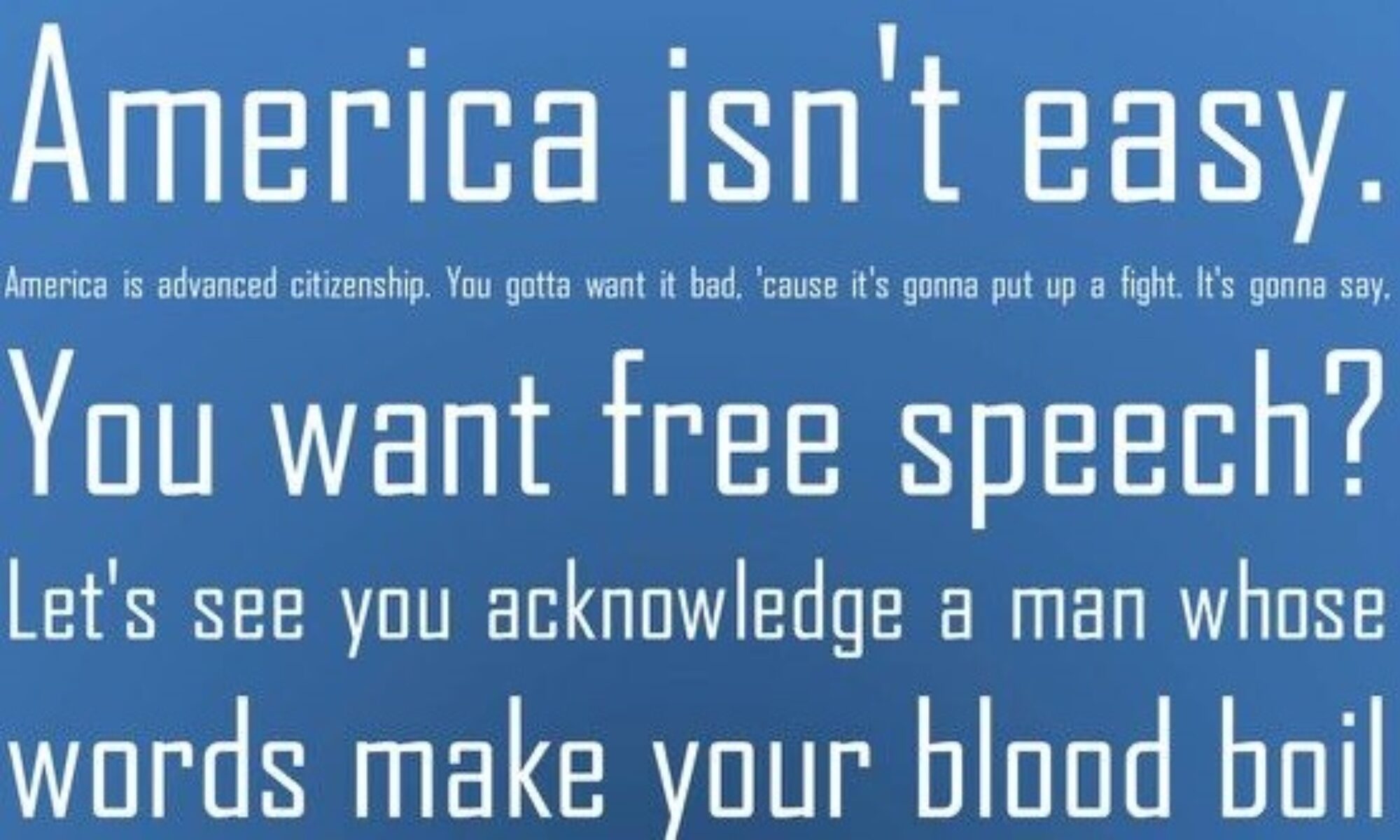“I know what people want because I went door to door and asked them.” This is part of a conversation I had with a council member. The essence of the story was that The Silent Majority just wanted the City to work, without all the drama. Although I did not press for details at the time, the following things went through my mind . . . and . . . well, for the most part I agree with them. When picturing the following scenario: When asked what they wanted for their city government; I imagined that these were the responses given.
I want the streets fixed . . . Me too.
I want emergency services to show up when I call . . . I agree with this one.
I want clean water that is safe to drink and the street lights to come on at night. . . . Check and double check.
I want jobs like we had when Mare Island was in its heyday . . . I too want the influx of workers earning and spending money here.
And I don’t want to be bothered with the rest . . . Okay, this last statement is where I feel the term ‘Silent Majority’ came from. People who just want what we all want but do not want to be bothered with everything else.
We humans tend to try and oversimplify everything. “If we just do this . . .” If we just do that . . .” “If we just put an LNG plant on Mare Island we will start the economic boom we all want.” “If we just buy a building and announce it is the new police station we will not be bothered with all the details.” But self-governance is anything but simple. One of my favorite writers, Aaron Sorkin of West Wing, The Wire and The Newsroom, wrote this line for a speech given by Michael Douglas playing Andrew Shepherd, President of the United States.
“America isn’t easy. It’s advanced citizenship. You’ve got to want it bad . . .”
I have heard the term Silent Majority used in attempts to quiet the opposition, here in Vallejo. Well to me, remaining silent, means only one thing: Apathy. Perhaps it is simply a case of mind over matter. If you don’t mind, it don’t matter. The Silent Majority does not seem to mind enough to speak up at Council Meetings or to share their opinions publicly. So, I can only infer, that these topics do not matter to them. A few examples: The LNG plant – if more people wanted it than opposed it, it would have happened. Orcem? – Same thing. 400 Mare Island Way? Honestly, if the council majority had the support do you really think they would have capitulated to consider alternatives?
The silent majority has always been a thing in American politics. But only because politicians cannot get them out to vote for them. Do you believe that if our council members really believed that a majority of the voting population would support them that they would have changed their votes on these topics? It is always about the votes. Follow the money, follow the votes.
The squeaky wheel gets the grease that is how it is in our culture. America isn’t easy. It’s advanced citizenship. You’ve got to want it. Those who show up to meetings, host meet and greets for candidates, organize candidate forums, protest in the streets, post their opinions in the media, and/or vote; are the not-so-silent voting majority.
It’s a simple thing of mind over matter. If you mind, then it matters.
With gratitude,
Tommy Judt
